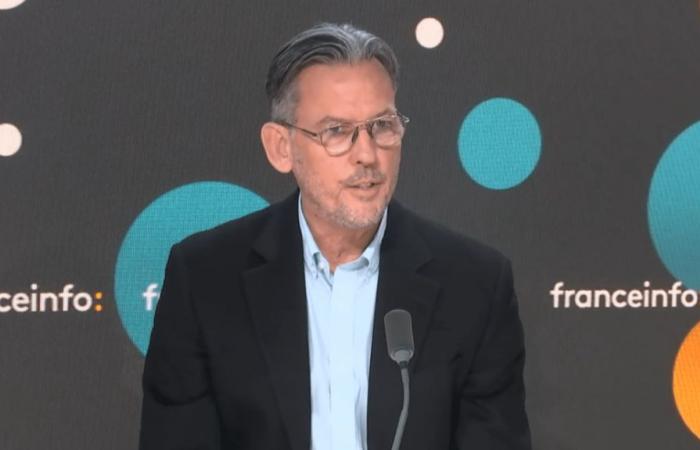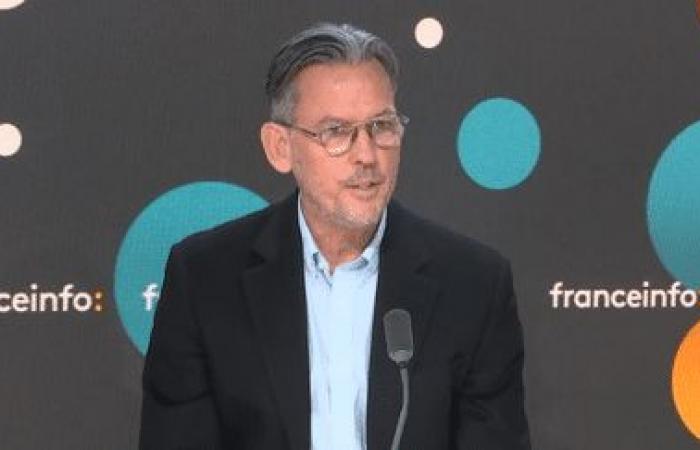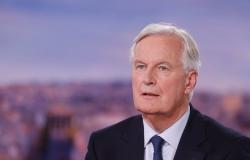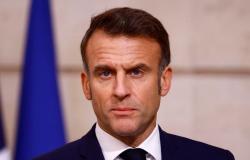Two major traditionally Democratic dailies, the Washington Post and the Los Angeles Times, have decided not to support any candidate. What is hidden behind this neutrality? Is this penalizing for Kamala Harris? Does the press still have influence on an election? Decryption with American journalist Michael Finnegan.
Published on 05/11/2024 12:24
Reading time: 3min
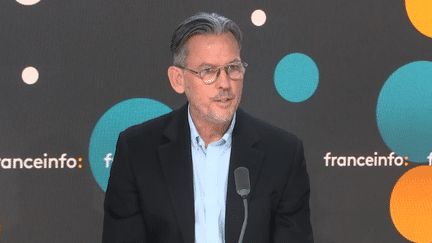
“People are more and more in their media world and it’s either Democrat or Republican”notes American journalist Michael Finnegan on Tuesday, November 5 on franceinfo, as the duel between Kamala Harris and Donald Trump comes to an end on this election day. Michael Finnegan worked for over 20 years at Los Angeles Timesbefore becoming an independent correspondent in Paris and he wrote in particular for the Washington Post.
To everyone's surprise, these two traditional newspapers did not take sides, either for one or the other of the candidates. A decision which outraged many journalists or even lost readers to the Washington Postbut which the two press outlets justify by the fact that we must let voters decide who they vote for. For Michael Finnegan, this reveals another aspect: “A lot of people wonder if it wasn't because the billionaire owners of both newspapers have businesses that do a lot of business with the government, like Jeff Bezos of the Washington Post.”
Exit, therefore, the tradition for newspapers to support a presidential candidate, which ultimately does not harm the candidates as the journalist explains: “Apart from less important positions like municipal councilor for example, where people are looking for opinions, people who know what they are talking about, it doesn't really have an influence. People already know what they are going to do on the electoral campaign.
As American newspapers no longer seem to have any real influence on voters, we are turning to that of social networks, X and TikTok in particular. “The media has become so fragmented,” notes Michael Finnegan that from now on, we must also take into account the age of the electorate. “Older voters are much more traditional and social media has a huge influence on younger voters. People are more and more in their media world, it's one or the other.”
A new situation which pushed the Democratic candidate and the Republican candidate to manage their communication on their own networks rather than going to the media to do traditional interviews. They also turned to podcasts, the rapid emergence of which gives them a very strong role in this campaign. Very general public, this new format has been used around ten times by Kamala Harris, notably for the podcast Charlamagne Tha God with the power of millions of voters, especially blacks, but not only, “it was a way for her to speak directly with a community that is not necessarily very connected to politics,” analyzes Michael Finnegan. As for Donald Trump, he continues, he participated in that of Joe Rogan, “who is one of the most listened to young conservative men in America”. End of suspense tomorrow.
France

